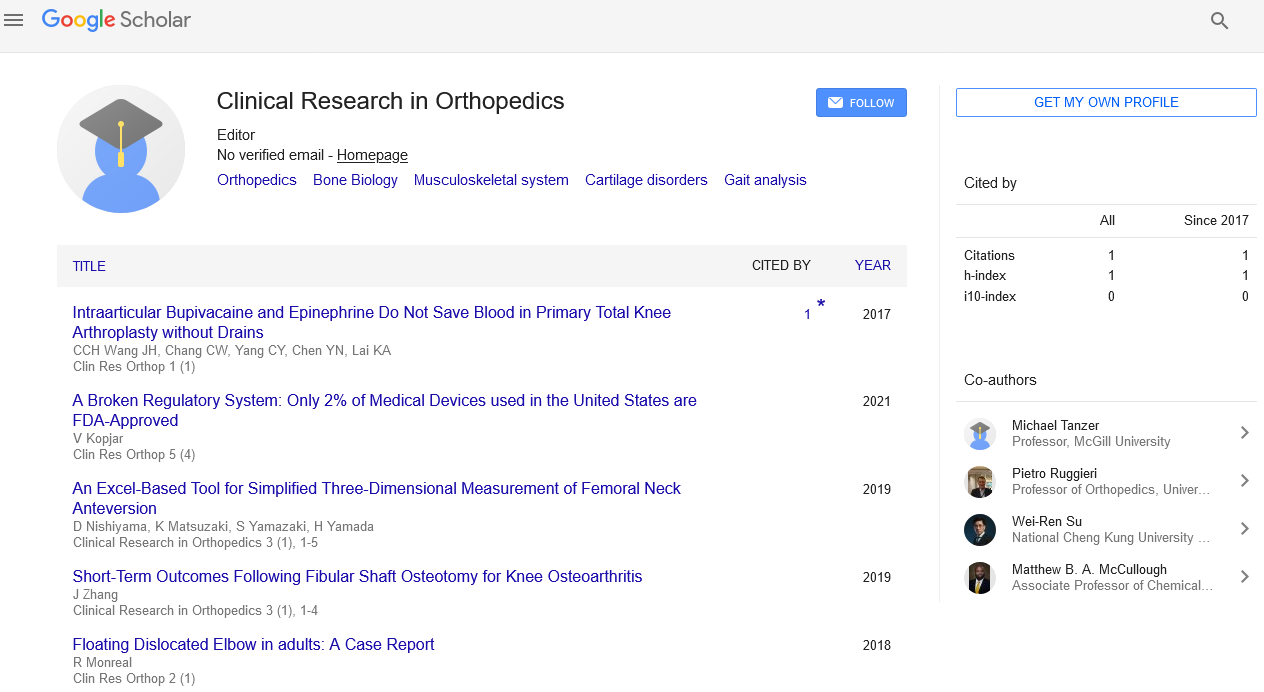Editorial, Cro Vol: 5 Issue: 3
Musculoskeletal System Uses
Abstract
Your system includes your bones, cartilage, ligaments, tendons and connective tissues. Your skeleton provides a framework for the muscles and other soft tissues. Together, they support your body’s weight, maintain your posture and assist you move. A wide range of disorders and conditions can lead to problems in the musculoskeletal system. Aging, injuries, congenital anomalies (birth defects) and disease can cause pain and limit movement. You can keep your musculoskeletal system healthy by focusing on your overall health. Eat a balanced diet, maintain a healthy weight, exercise regularly and see your provider for checkups. The nervous system (your body’s command center) controls your voluntary muscle movements. Voluntary muscles are ones you control intentionally. Some involve large muscle groups to try to to activities like jumping. Others use smaller movements, like pushing a button. Movements happen when: The nervous system (brain and nerves) sends a message to activate your skeletal (voluntary) muscles. Your muscle fibers contract (tense up) in response to the message. When the muscle activates or bunches up, it pulls on the tendon. Tendons attach muscles to bones.
 Spanish
Spanish  Chinese
Chinese  Russian
Russian  German
German  French
French  Japanese
Japanese  Portuguese
Portuguese  Hindi
Hindi 